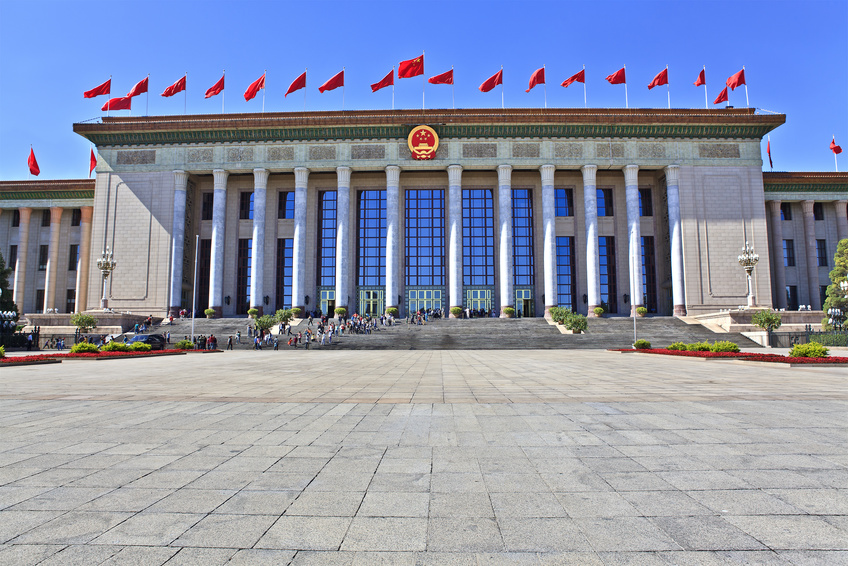The Guide to Doing Business in China provides an introduction to selected aspects relating to investment and business operations in the People’s Republic of China under current Chinese laws and policy during the COVID pandemic, including a summary of important areas of concern to all investors in China: mergers and acquisitions, data privacy issues, antitrust and competition issues, taxation, employment, intellectual property protection, trade and import and export rules, financial services, as well as anti-bribery compliance and dispute resolution issues.
The wide-ranging proposed amendments to China’s Antimonopoly Law (AML) (“Proposed Amendments”) were published for public comments immediately after being presented to China’s top legislature for the first reading. It is clear from the Proposed Amendments that China intends to continue to strengthen antitrust enforcement.
The local antitrust regulator’s recent fine of USD 45.62 million on an electrical product manufacturer follows SAMR’s record USD 117 million fine for RPM earlier this year. SAMR also continues to actively enforce failure-to-notify/gun-jumping violations, imposing 24 penalty decisions over Q3 of 2021. The authority may be contemplating addressing illegal price-related behaviours under the Pricing Law, in addition to the Anti-monopoly Law.
On 10 November 2020, China’s State Administration for Market Regulation (SAMR) published draft Anti-Monopoly Compliance Guidelines for the Platform Economy (“Draft Guidelines”) for public consultation.1
The Draft Guidelines clearly signal that stronger antitrust enforcement in China’s tech sector is likely. This appears to be driven by a desire on the part of the Chinese government to rein in the growing strength of internet platforms, and to encourage a more diverse market structure.
The Draft Guidelines are expected to be finalized by the end of this year or early next year.
China’s releases Antitrust Guidelines on the automotive sector and IP rights
China issued Antitrust Guidelines in the Intellectual Property Rights Area
Integrated circuit and software industries set as enforcement priorities
Integrated circuit and software industries set as priorities of China’s antitrust enforcement
New Auto Guidelines represent the first attempt to provide guidance on regulating non-price vertical restraints in China. The IPR Guidelines put forward market share-based safe harbors for the IPR field. The newly released leniency and commitment guidelines provide procedural options for an investigation to end with no or less penalties. China’s State Council calls for strengthened antitrust enforcement to protect fair competition in the integrated circuit and software industries.
On 18 September 2020, China’s State Administration for Market Regulation (SAMR) published the final version of the Anti-Monopoly Compliance Guidelines for Business Operators (Antitrust Compliance Guidelines)[1]. The guidelines provide a framework for how business operators should establish an antitrust compliance system and manage antitrust compliance risks in China. The Antitrust Guidelines are not mandatory but are indicative of the key aspects SAMR would expect to see in a good compliance programme.
On 19 September 2020, the Ministry of Commerce of the People’s Republic of China (“MOFCOM”) issued the Regulations on Unreliable Entity List (“UEL Regulations”), which take effect on the same date. While MOFCOM has not named any specific foreign entity to be included on the Unreliable Entity List (“UEL”), the UEL Regulations…
Chinese government authorities have recently issued a series of policies and draft amendments to push forward the establishment of the Social Credit System (SCS). Multinational companies are particularly concerned at how the SCS could affect the business operation of their Chinese subsidiaries. The following are selected developments released by various…
On March 15, 2019, the National People’s Congress (NPC) of the People’s Republic of China (PRC) passed the Foreign Investment Law of the People’s Republic of China (the “Foreign Investment Law”). The Foreign Investment Law will come into effect on January 1, 2020. The Foreign Investment Law was formulated to further expand opening up…








